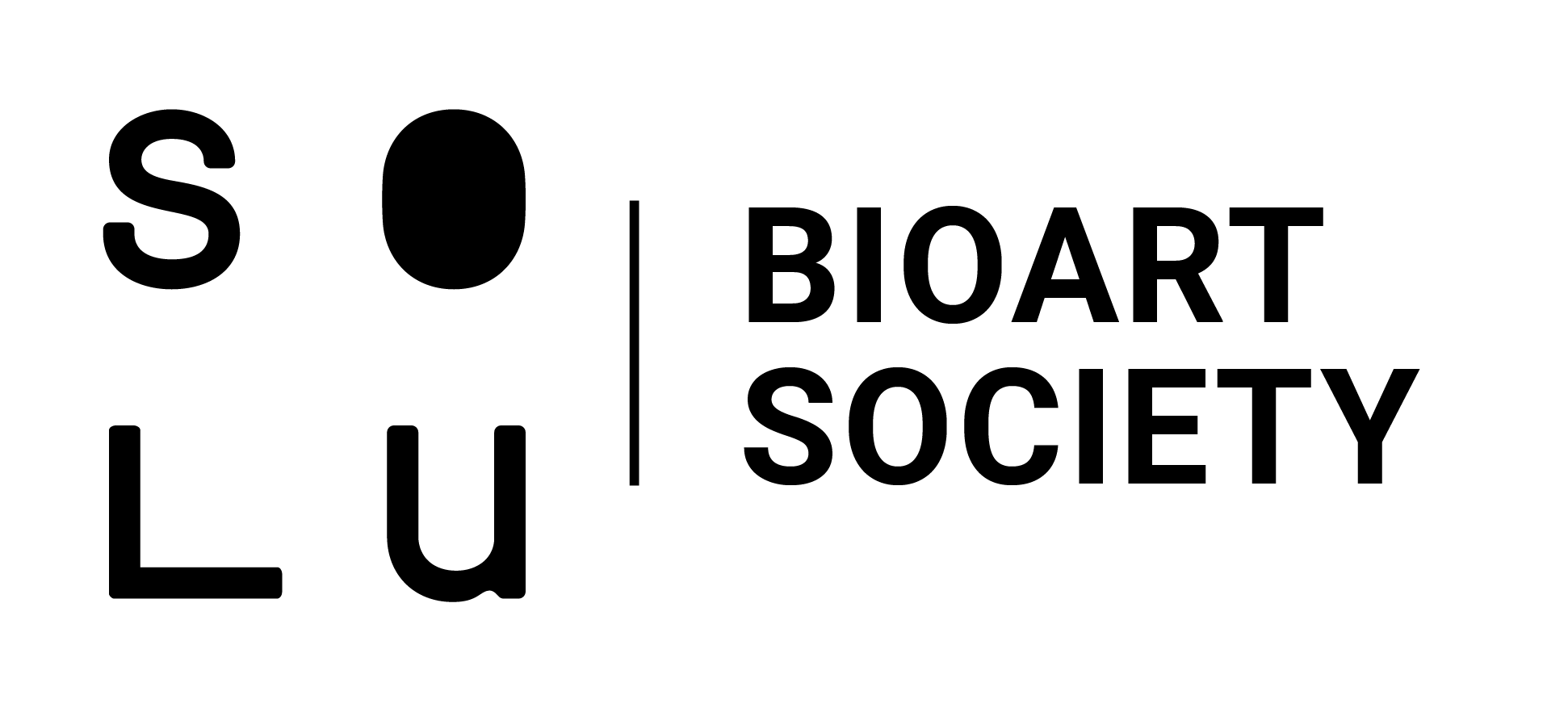The Bioart Society is happy to announce that Andrew Gryf Paterson, who was chosen for the Rewilding Cultures Mobility Conversation via an open call in last June, will commence their mobility in early October.
Paterson will explore potential future routes of human climate migration in reverse, travelling from North to South via land and sea over a period of 2-3 weeks. Their aim is to connect Symbiocenic thinking, with climate migration, related hosting and adaptation projects. Australian eco-philosopher Glenn Albrecht promotes the concept of the current or forthcoming ‘Generation Symbioscene’ (Gen S) whose primary task will be “to identify and maintain the life bonds of particular places on Earth and, where necessary, create new ones. As ‘sumbioregionalists’ succeed in this task, their combined efforts will rebuild ecosystem health at island, continental, and global scales.” Paterson imagines that those displaced, if allowed, supported and designed for, can be the avant-garde of the symbioscene.
Paterson will first travel by ferry and bus from Finland through the Baltics to Poland, they will continue by direct bus to Serbia and the West Balkans, ending finally their journey in Montenegro. During their travels, Paterson will especially plan to meet Sergey Dmitriev, a Russian eco-communities researcher nomadic between Serbia and Montenegro, as-well as others who either are displaced in contemporary times, or are activist organisations who support migrants who are.
Paterson will keep a travel diary on the Bioart Society website. Welcome to follow along!
Andrew Gryf Paterson is an artist-organiser, cultural producer, educator and independent researcher, who specialises in developing and leading inter- and trans- disciplinary projects exploring connections between art, digital culture and science, cultural activism, ecological and sustainability movements, cultural heritage and collaborative networks. Originally from Scotland, Paterson has been most active in Helsinki, Finland, as well as Latvia and the Eastern Baltic Sea region. They work across the fields of media, network and environmental arts and activism, pursuing a participatory practice through workshops, performative events, and storytelling.

